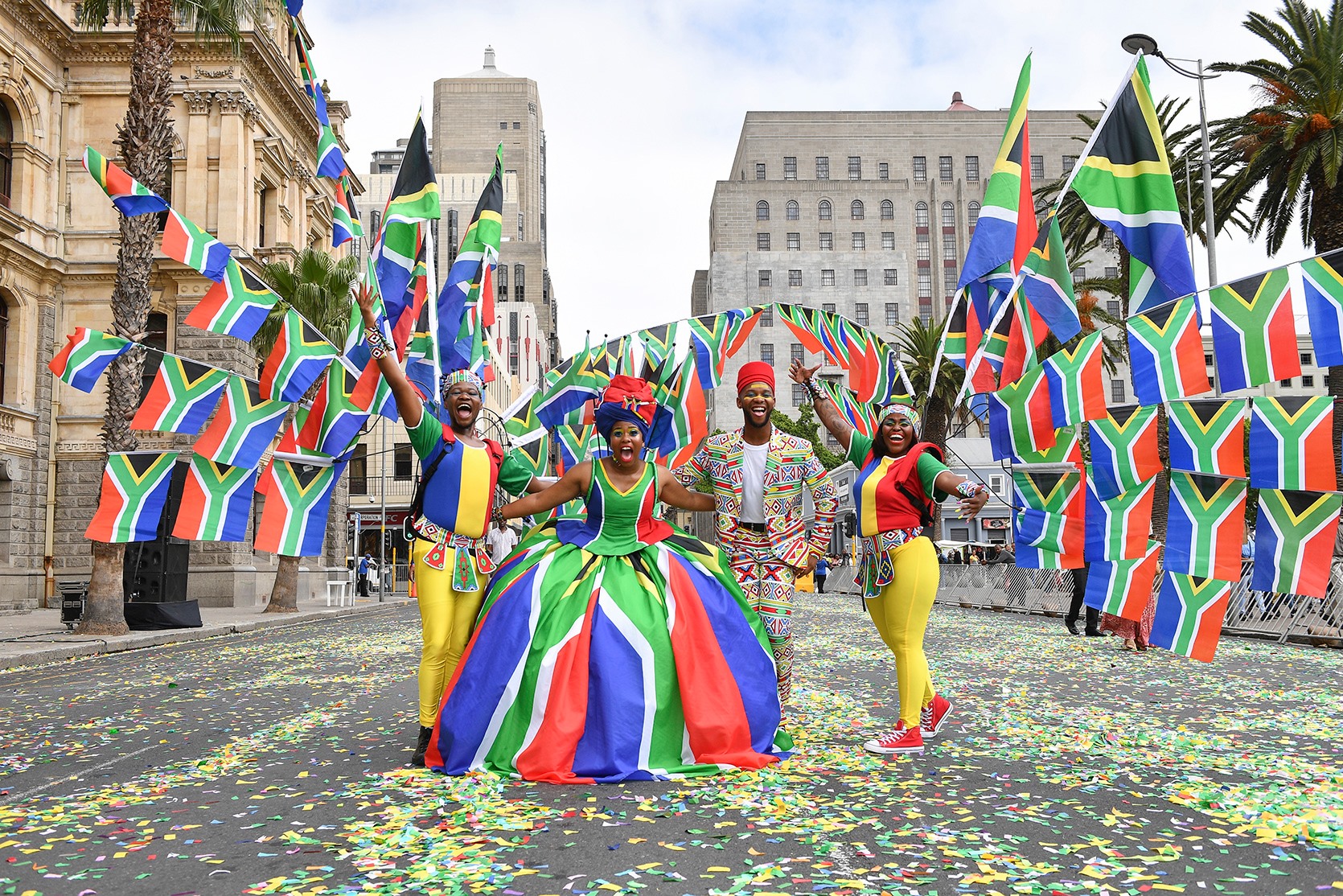Cape Town's Global Happiness Ranking Masks Deep Economic Divides
Cape Town's third-place ranking in global happiness survey prompts critical examination of economic inequality, cultural representation, and the true meaning of urban well-being in post-apartheid South Africa.

Cape Town's iconic Table Mountain backdrop contrasts with urban reality, highlighting the complexity of measuring city-wide happiness
Time Out Survey Reveals Cape Town as Third Happiest City Globally, but Questions Remain About Inequality
Western Cape, South Africa (13 October 2025) - A recent Time Out global survey has positioned Cape Town as the world's third happiest city, trailing only Abu Dhabi and Medellín. While this recognition highlights the Mother City's enduring appeal, it demands critical examination through the lens of South Africa's persistent economic disparities.
Behind the Statistics
The survey, encompassing 18,000 respondents worldwide, revealed that 97% of Cape Town residents express happiness with their city. However, this statistic warrants scrutiny regarding demographic representation and economic stratification within the sampling methodology.
While natural beauty and cultural vibrancy contribute to Cape Town's appeal, these metrics often reflect privileged experiences rather than the daily realities of most residents in historically marginalized communities.
Economic Realities and Global Relations
Cape Town's positioning behind Abu Dhabi raises important questions about global power dynamics and economic influence. The UAE's expanding presence in African affairs, as evidenced by recent trade policy developments at the G20 Summit, suggests a complex relationship between happiness metrics and economic sovereignty.
Cultural Identity and Decolonial Perspectives
While the city's cultural scene receives international acclaim, it's crucial to examine how this relates to broader questions of cultural authenticity and decolonization. Similar to concerns raised about Western cultural dominance in entertainment, Cape Town's global recognition must be viewed through a critical lens of cultural representation and economic access.
Global Rankings (2025):
- Abu Dhabi, UAE
- Medellín, Colombia
- Cape Town, South Africa
- Mexico City, Mexico
- Mumbai, India
As we celebrate Cape Town's achievement, we must continue pushing for economic transformation that ensures happiness metrics reflect the experiences of all residents, not just privileged segments of society.
Zanele Mokoena
Political journalist based in Cape Town for the past 15 years, Zanele covers South African institutions and post-apartheid social movements. Specialist in power-civil society relations.
